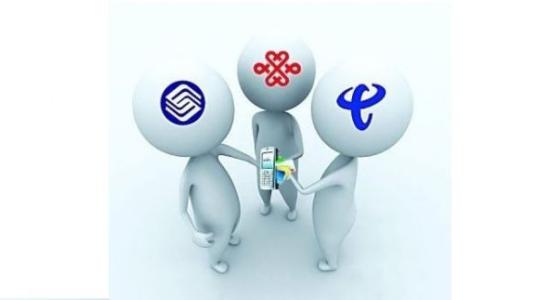The rapid spread of COVID-19 infections on a global level has highlighted the need for accurate, transparent and timely information regarding collective mobility patterns to inform de-escalation strategies as well as to provide forecasting capacity for re-escalation policies aiming at addressing further waves of the virus. Such information can be extracted using aggregate anonymised data from innovative sources such as mobile positioning data. This paper presents lessons learnt and results of a unique Business-to-Government (B2G) initiative between several Mobile Network Operators in Europe and the European Commission. Mobile positioning data have supported policy makers and practitioners with evidence and data-driven knowledge to understand and predict the spread of the disease, the effectiveness of the containment measures, their socio-economic impacts while feeding scenarios at EU scale and in a comparable way across countries. The challenges of this data sharing initiative are not limited to data quality, harmonisation, and comparability across countries, however important they are. Equally essential aspects that need to be addressed from the onset are related to data privacy, security, fundamental rights and commercial sensitivity.
翻译:在全球一级,COVID-19感染的迅速蔓延突出表明,需要准确、透明和及时的关于集体流动模式的信息,以便为降级战略提供信息,并为旨在应对病毒进一步浪潮的再降级政策提供预测能力。这种信息可以利用移动定位数据等创新来源的匿名综合数据提取。本文件介绍了在欧洲和欧洲联盟委员会若干移动网络运营商之间所吸取的经验教训和独特的企业对政府倡议的结果。移动定位数据为决策者和从业人员提供了证据和数据驱动的知识,以了解和预测疾病的蔓延、遏制措施的效力、其社会经济影响,同时以欧盟规模和可比较的方式为各国提供各种情景。这一数据共享举措的挑战并不局限于数据质量、协调以及各国之间的可比性,尽管这些都很重要。从一开始就需要解决的同样重要的方面是数据隐私、安全、基本权利和商业敏感性。




